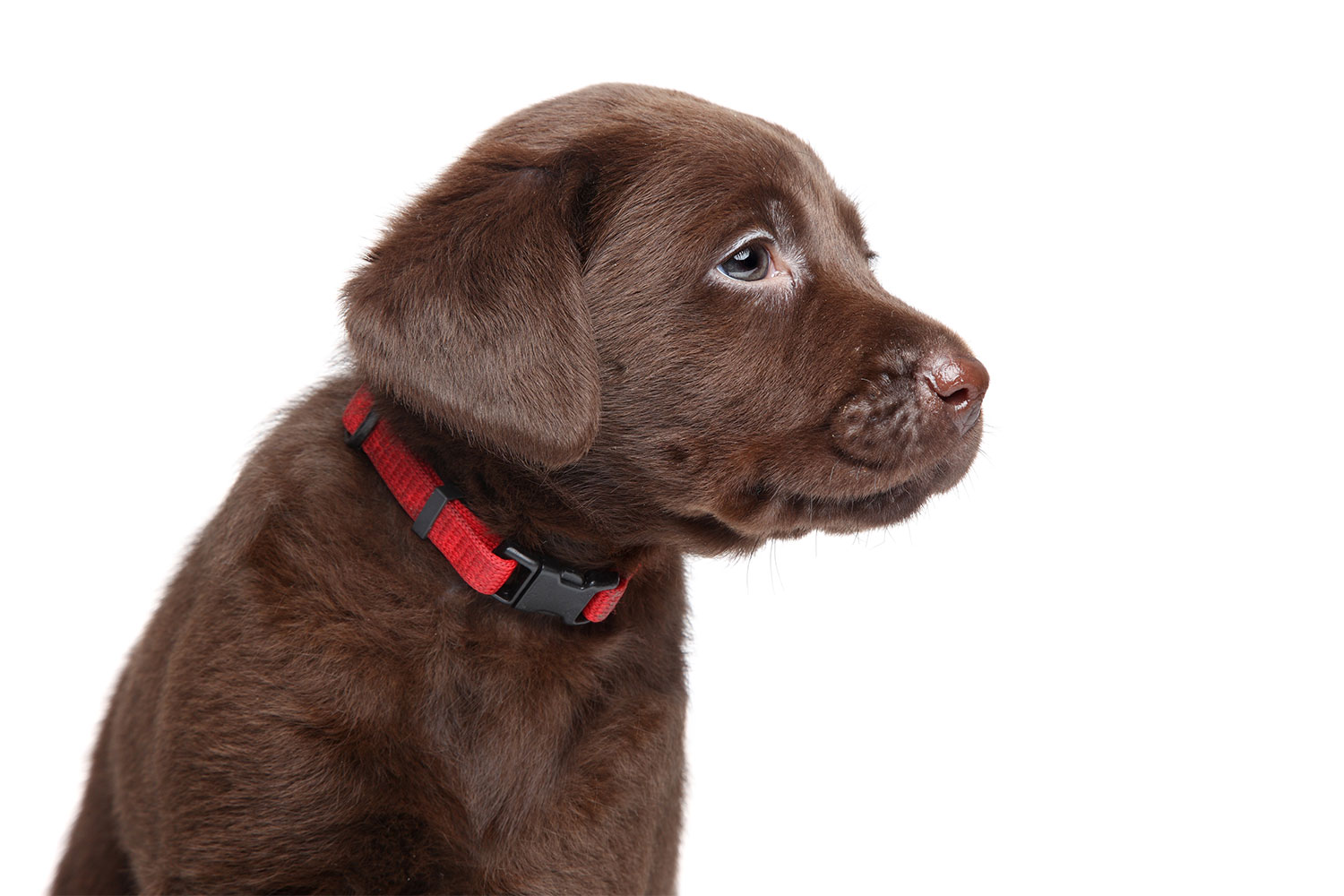- lmplovemypuppy
- October15,2023
- 653
- 0
Understanding Puppy Teething: When Do Puppies Stop Teething?
If you’re a new puppy parent, you’ve likely experienced the joys and challenges of raising a growing pup. One of the most important developmental stages in a puppy’s life is teething. At Love My Puppy, we’re here to guide you through this process and answer the common question: When do puppies stop teething? If you have more questions about your puppy’s development, feel free to contact us at (561) 368-6767.
The Teething Timeline
Teething is a natural and necessary process for puppies. Just like human babies, puppies are born without teeth, but they start to grow them shortly after birth. Here’s a rough timeline of a puppy’s teething journey:
1. Baby Teeth (3-6 weeks): Puppies usually begin teething at around 3 weeks of age when their baby teeth, also known as deciduous teeth, start to emerge. By 6 weeks, they should have a full set of 28 baby teeth.
2. Permanent Teeth (3-6 months): Around 3 to 6 months of age, your puppy’s baby teeth will begin to fall out as their permanent teeth start coming in. This can cause some discomfort, and you may notice your puppy chewing on objects to relieve the pain.
3. Adult Teeth (6-7 months): By the time your puppy is 6 to 7 months old, they should have a full set of 42 adult teeth. At this point, the teething process is usually complete, and your puppy should have a strong and healthy set of teeth.
Signs of Teething
During the teething process, your puppy may exhibit some common signs of discomfort, including:
Chewing: Teething puppies have a strong urge to chew to relieve the discomfort. Provide appropriate chew toys to satisfy this need and prevent destructive chewing of your belongings.
Drooling: Increased drooling is normal during teething. Keep a clean cloth handy to wipe away excess saliva to prevent skin irritation.
Loss of Appetite: Some puppies may eat less during teething due to mouth discomfort. Ensure that their food is soft and easy to eat.
Irritability: Teething can be uncomfortable, and your puppy might be more irritable than usual. Be patient and provide comfort.
How to Help Your Teething Puppy
As a responsible puppy parent, there are several ways you can help ease your puppy’s teething discomfort:
Provide Chew Toys: Offer a variety of safe and durable chew toys to satisfy your puppy’s urge to chew. Toys that can be frozen can provide extra relief.
Gentle Massage: Gently massaging your puppy’s gums with a clean finger can provide comfort. You can also use a wet washcloth to soothe their gums.
Puppy-Proof Your Home: Remove any hazardous items or objects your puppy might chew on, and keep electrical cords out of reach.
Cold Treats: Frozen treats, such as ice cubes or frozen fruits (like bananas), can soothe sore gums.
Regular Vet Checkups: Ensure your puppy’s teeth are developing correctly by scheduling regular veterinary checkups.
Teething is a natural part of your puppy’s growth and development, and it’s essential to be patient and supportive during this period. If you have any concerns about your puppy’s teething or overall health, don’t hesitate to contact us at Love My Puppy puppies for sale in Boca Raton and puppies for sale in West Palm Beach at (561) 368-6767. We’re here to provide guidance and assistance on your journey to raising a happy and healthy puppy.



